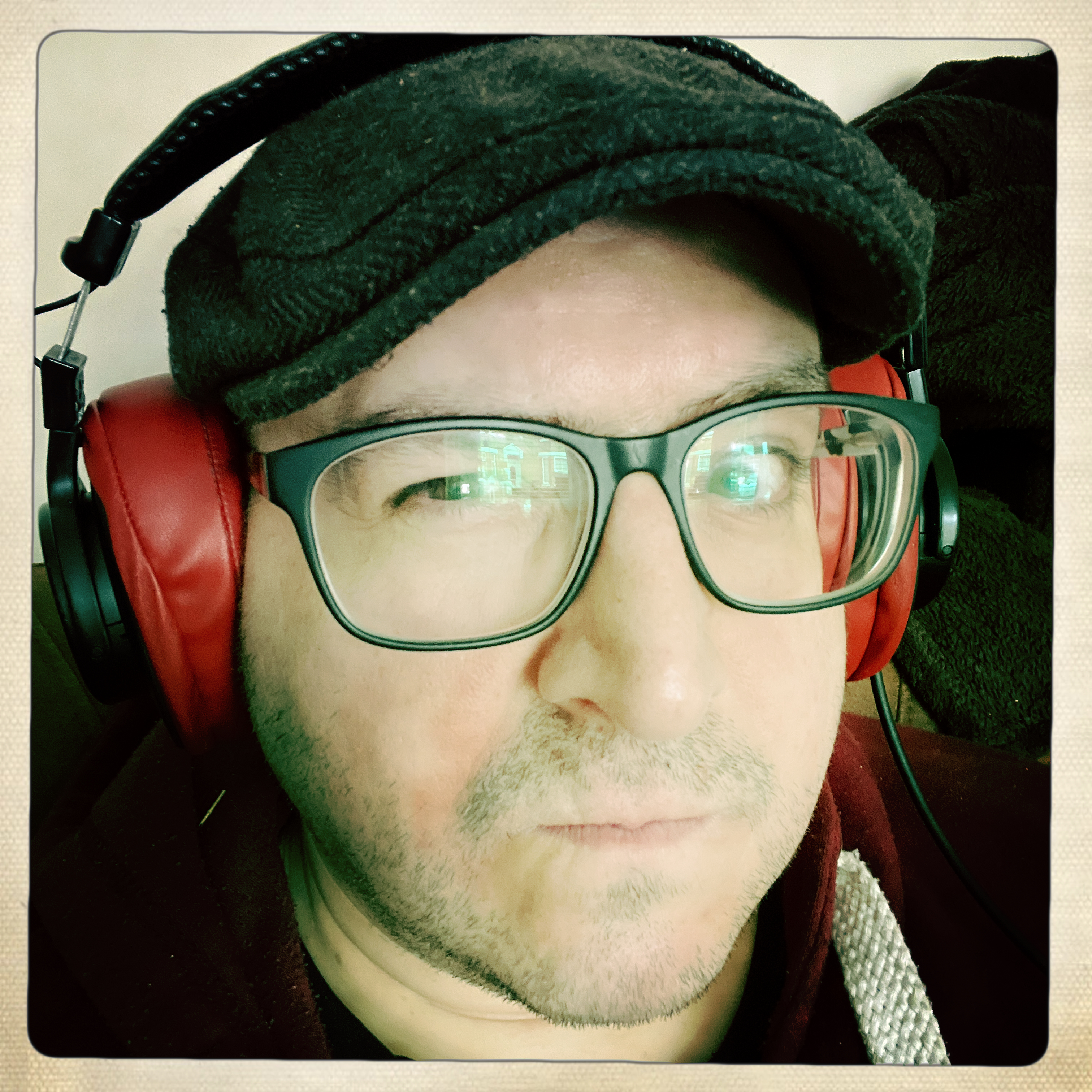This post was originally going to be titled “How does music discovery on Apple Music compare to Spotify these days?” but I want to make it more broad.
All advice and ideas appreciated!
The Daily Mixes from Spotify have done a great job of figuring out what I enjoy, and finding more of it from different artists
I tend to use a combination of youtube/bandcamp and music blogs to source new music.
Have also set up !discovermusic@sopuli.xyz as a community to record any recommended links. It’s looking a bit sparse at the moment.
Thank you! I discovered some new music via these suggestions!
NPR Tiny Desk and KEXP’s live performances (both on YouTube) have both helped me discover amazing musicians.
Spotify radio is usually spot on and very close to what I like.
Nother way I use, is through music reaction videos.
They are currently my local NPR station and have great music programs and DJs that align with my tastes. I will miss them dearly when I move next month but their music streams are available for free on other platforms too.
High five! I find a lot of new music through my local NPR/college radio station too: https://kglt.net/
By paying attention to bands I already like.
Do I know who they’re touring with? Are they posting about other bands in their scene? Maybe they like to post about cool music they’re listening to.
I’ve discovered music from an artist posting bandcamp friday recommendation thread, instagram story AMA’s, q&a moments with musicians at shows, showing up for openers at shows, etc.
i like traditional musics from around the world so when i fancy something new i start with wikipedia articles on instruments i like and rabbit hole through links to get terms and countries and things to put into search strings on youtube. One day i started with tar (precursor for both sitar and guitar) and ended up grooving to Philippine boat lutes, which are brilliant. https://piped.simpleprivacy.fr/watch?v=K7hYfnG7mJM
Trad musicians tend to play in several groups so that’s another source of rabbit holes to explore. And just keeping an eye out for interesting things other people post. Mostly individual clips but sometimes happen into treasure troves like at the start of the first lockdown when someone I followed on Twitter posted about Met Opera in NYC streaming a different opera each day for free. It was a great opportunity to learn about a new-to-me type of music so I grabbed it, thinking it would be a couple of weeks at most. A year and a half later they finally stopped and I was an addict :)
Also libraries. Libraries can be fantastic for exploring new musicians and types of music.
Even when algorithms are good, there’s still a lot more out there waiting for listeners ❤️
- thru TikTok reposted to Instagram. People laugh about it, but sometimes I get to hear new stuff from other regions of the world.
- musicians who post their practice videos, often they are songs that I’ve already heard, but from time to time, I will be exposed to more obscure / older stuff. Especially in genre that I’m not too familiar with, e.g. funk, black metal, etc. It’s even more fruitful when the musician is not from English speaking region, e.g. Brazil.
YouTube recommendations are often 30-60% decent and you can always fall back to that. Anything that has tags and similar artist functionality: Last.fm (still technically exists), everynoise.com, more specialized sites like Encyclopedia Metallum. I like to get some recommendations out of band even if I use streaming, otherwise it’s too easy to phase out and make your memory dependent on their algo.
Some (even) more niche and involved methods:
- I am experimenting with using search.marginalia.nu for searching for opinions on forums and personal websites, starting with my “initial” artist, genre or the vibe I’m looking for.
- if you look for an album on ebay or wherever and find a have a small seller with their personal collection, I like to take a listen to some other items from the same person that look promising.
- at least for jazz and probably mainstream pop/rock (? however to call it) there are physical books dedicated to briefly reviewing a ton of albums. I prefer this to typical written reviews because all I need is an album name and some gist of what to expect. If the writer has a long analysis etc. I tend not to agree after listening, I may like some things that they hate and the words have nothing to do with music. Probably the “1000 albums you have to listen to” lists on the internet can serve similar purpose.
Honestly, I like Apple Music well enough, and have been subbed for as long as it’s existed, but the discovery is atrocious.
Mostly I find new music through listening to the radio (very old skool of me…), and following the #NowPlaying tag over on Mastodon. And on here as well, actually.
Last.fm and YouTube Music seem to throw up enough stuff both old and new to keep me satisfied
Bandcamp + music played in cafes/bars + Shazam
- Soundcloud feed: I follow people I like and they repost people they like. Also, the related tracks are usually very good.
- Youtube channels: I don’t know what the proper name is, but channels that get permission to post or ask for demos from artists and focus on specific genres. I’ll find a genre I like, sub to these channels, and find many new artists to enjoy.
- Bandcamp genres: Go to bandcamp, click a genre, and see all the top albums. Guarantee you’ll find some new names.
I listen to my local college radio station, as well as a handful of others on TuneIn. It’s nice having an idea of what people under 30 are into.
As a Brit, your college stations always fascinated me. We have student radio here, but it’s a completely different vibe. From what I’ve heard of your stations, they sound almost professional, with good presenters spinning the tracks they want to play, whereas our student radio is mostly just people learning how to talk into a mic, reading news bulletins poorly, and playing whichever tracks happen to already be on the playout system.
And I speak as someone who was involved in my university’s radio station when I was there, studying for a radio production degree…
My university’s college radio station runs the full gamut of what you described. It’s kind of interesting how they do it.
Broadcasting students get to have a show after completing certain core courses. They begin over summer, when listenership is very low. Listening to the station in late June/early July is adorable. I should actually tune in today, now that I’m thinking about it, because it’s around time for all the baby broadcasters to be doing their beginner shows.
Students must have the option to end their show at some point, because a lot of student broadcasters just kinda disappear. Others, though, will stay on for 2 or 3 years as they finish their degree. Some of them become VERY good.












